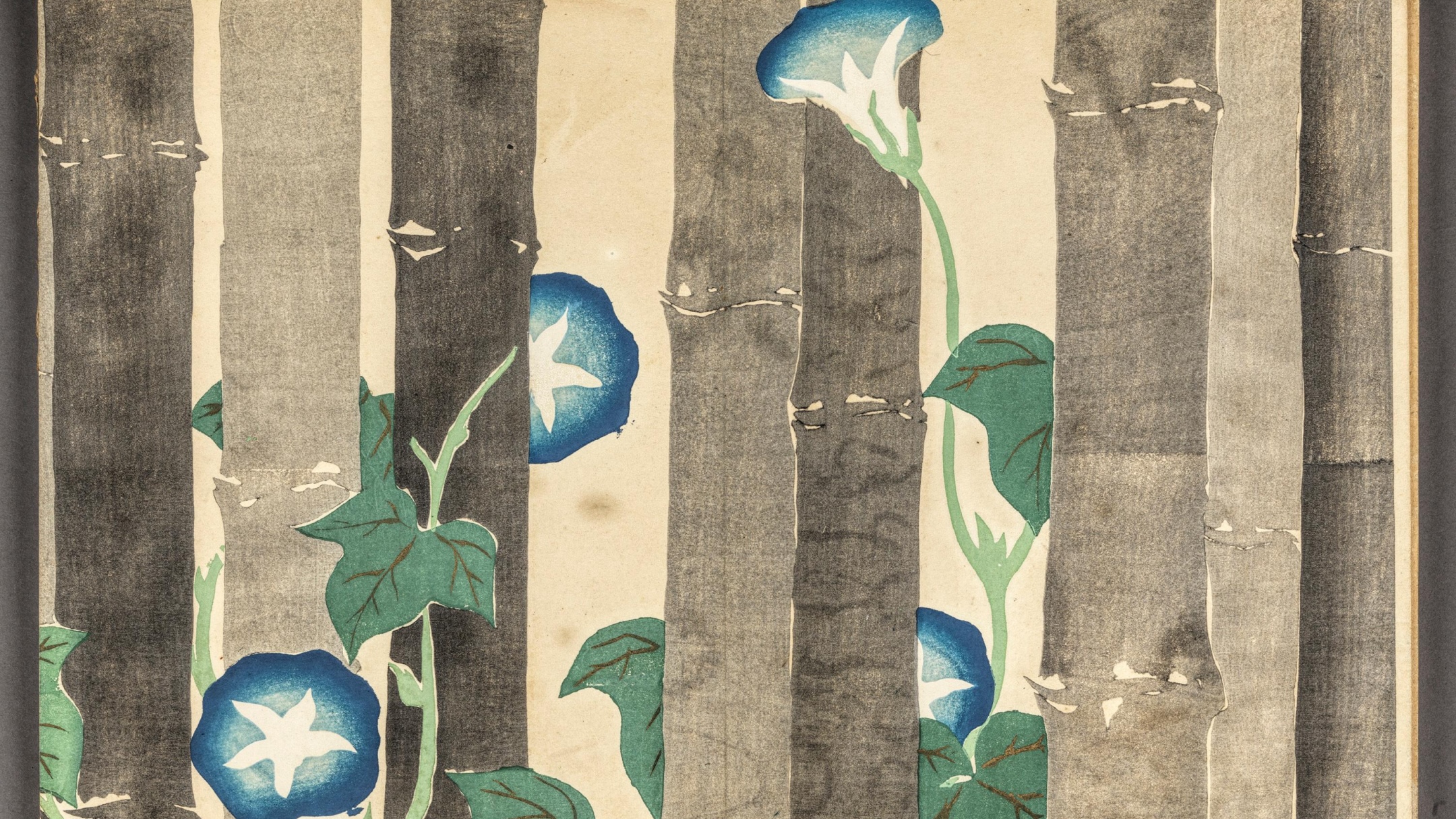From Personal Protection to Personal Statement
The ROM’s newest collection highlights how facemasks have become symbols of social, economic, and artistic expression.
As the novel coronavirus swept across
As the novel coronavirus swept across the globe last year, facemasks offered the first line of defense. With supplies for disposable PPE running low, corporations and individuals both turned to creating custom masks—at first to help meet shortages in healthcare supply, and later to meet general demand. Over the course of the pandemic, these masks have evolved from being merely functional to becoming objects of self-expression and social demonstration.
Gallery 1
During the first lockdown in 2020
During the first lockdown in 2020, ROM curators Fahmida Suleman, Sarah Fee, and Alexandra Palmer initiated a rapid response to collecting COVID-19 masks from around the world for the ROM. The Museum’s collection of non-medical facemasks presents a snapshot of the global response to the pandemic in the form of meaningful social, economic, artistic, and cultural expressions. Many masks are handcrafted by craftspeople and designers reliant on tourism who pivoted their businesses by making facemasks to continue earning a living and to promote the wearing of face covers in the fight against the virus.
These objects attest to the power of artistic ingenuity and human creativity in the face of a global crisis.
Curators Alexandra Palmer and Fahmida Suleman
Curators Alexandra Palmer and Fahmida Suleman take us behind the scenes to look at the ROM’s collection of facemasks. Courtesy of CBC News: The National.
Fahmida Suleman is Curator of the Islamic World Collections at the ROM.
Explore More
People Want to Forget the Pandemic. Museums Want Youto Remember it.
The Wall Street Journal
Margins (Volume 4/3), January 2021, University of Toronto Scarborough
Experts & Objects: Fashion Research and the ROM Library: Lessons from COVID-19
Fahmida Suleman and Sarah Fee on Alaraby TV
Alaraby TV (London)
Fahmida Suleman and Sarah Fee on Al Arabiya
Al Arabiya (Dubai)










